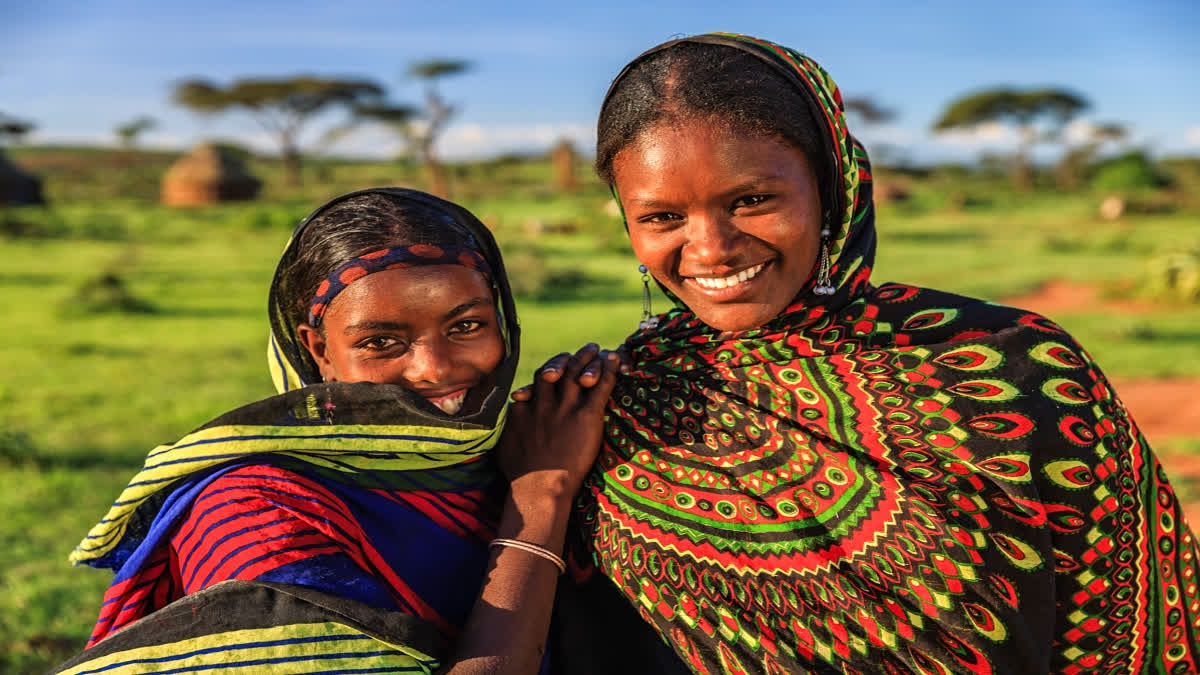Hyderabad: Nations across the globe unite on August 31 on the United Nations International Day for People of African Descent to celebrate their collective ancestry, varied traditions, and significant impact on the world and the worldwide African diaspora.
This day also acts as a chance to increase worldwide consciousness about the obstacles of entrenched racism, prejudice, and marginalisation that people of African descent around the globe encounter.
History Behind This Day: In 2020, the United Nations highlighted a big shift in addressing discrimination and marginalisation against African people globally. Though some progress in laws and institutions has been made, African people still face deep forms of racism and exclusion.
The COVID-19 pandemic made it clear that we need to fix ongoing inequalities and racism, especially in healthcare. However, the main obstacle to fully enjoying rights remains the lack of recognition of African people's rights.
The day was first celebrated in 2021, in the middle of the International Decade for People of African Descent (2015-2024), which focuses on taking real steps to support recognition, justice, and development. The United Nations wants to highlight the amazing work of the African diaspora globally and get rid of all kinds of discrimination against people of African descent.
2020 was a significant year as the killing of George Floyd sparked global protests against racism and led to important discussions on racial justice. The Human Rights Council passed a resolution to protect African descent people from police abuses and the High Commissioner for Human Rights outlined a plan for change towards racial justice and equality.
Key contemporary human rights issues:
Understanding the current situation of people of African descent involves looking at their history of slavery and ongoing discrimination, which leads to inequality and being left out.
People of African descent are a diverse group with different backgrounds and identities. However, they share the common experience of being denied their full human rights and facing similar challenges. These include facing racism, being left out of important decisions, not having enough representation in the justice system, and struggling to access basic needs like education, healthcare, and housing.
They also face difficulties in finding jobs, are overrepresented in prisons, are often targeted by racial profiling, and their cultural and religious backgrounds are not fully recognized or valued.
Health Equity Issues for African-Descent People :
Within the sphere of health fairness, individuals of African heritage face a multitude of difficulties due to being excluded, facing racism, xenophobia, and different types of discrimination. These barriers heighten their susceptibility to health risks that lead to unfavourable health results. The gap in receiving high-quality medical care makes these problems worse.
A stark illustration of this gap was revealed during the COVID-19 pandemic, exposing some of the deepest inequalities faced by underserved groups, such as Indigenous populations and individuals of African heritage.
Crucial challenges for Women and Girls:
According to UNFPA research, women and girls of African descent continue to face critical difficulties, including racist attitudes in health sectors across the Americas that make delivery less safe and increase the risk of unnecessary maternal mortality. Another barrier: Despite gains in inclusive data collecting, countries continue to struggle to collect racially disaggregated statistics, which would identify patterns of inequality and inform policies aimed at combating and eliminating racism.



